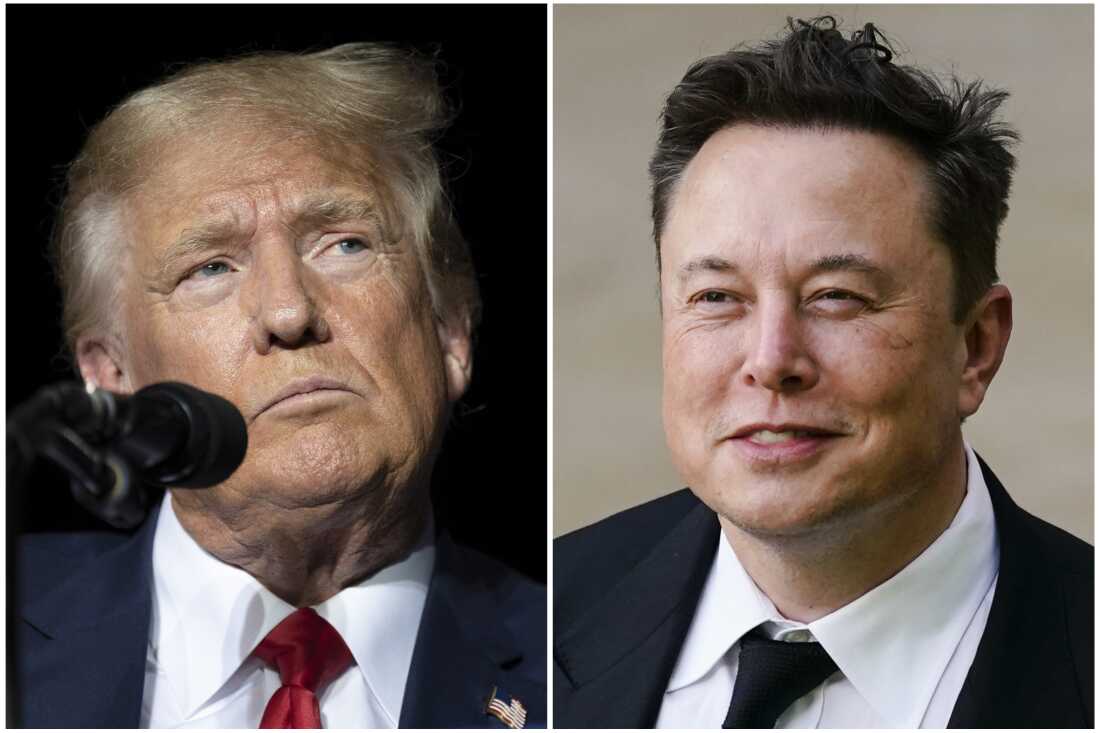Musk and Trump Discuss Key Issues but Skip Crypto
13.08.2024 14:30 1 min. read Alexander Stefanov
On Monday, Elon Musk and former President Donald Trump held a highly anticipated interview, tackling various subjects including inflation, trade, and nuclear energy.
However, they notably avoided discussing cryptocurrencies, disappointing the crypto community, which had hoped for insights from the two figures closely associated with the industry.
Just before the interview aired, Musk’s social media platform, X, experienced a significant DDoS attack despite having conducted thorough stress tests the day prior. The platform was inundated with traffic, with around 8 million users simultaneously tuning in to watch the interview.
During their discussion, Musk proposed the creation of a “government efficiency commission” and expressed his willingness to join it if Trump were to form one. Trump appeared receptive to this idea.
Additionally, the conversation touched on critical issues like inflation, with Trump criticizing the Biden administration for its handling of economic challenges, and Musk highlighting delays in the FDA’s drug approval processes. Musk also reiterated his concerns about attempts to enforce censorship globally.
This interview marked a new chapter in Musk’s relationship with Trump, who had previously advised him on electric vehicles and crypto policies. Musk’s interactions with the Biden administration have been strained, particularly over regulatory disputes involving the SEC and the crypto industry.
-
1
U.S. PCE Inflation Rises for First Time Since February, Fed Rate Cut Likely Delayed
27.06.2025 18:00 1 min. read -
2
Key U.S. Economic Events to Watch Next Week
06.07.2025 19:00 2 min. read -
3
Gold Beats U.S. Stock Market Over 25 Years, Even With Dividends Included
13.07.2025 15:00 1 min. read -
4
U.S. Announces Sweeping New Tariffs on 30+ Countries
12.07.2025 16:30 2 min. read -
5
US Inflation Heats Up in June, Fueling Uncertainty Around Fed Cuts
15.07.2025 16:15 2 min. read
BitGo Files Confidentially for IPO With SEC
BitGo Holdings, Inc. has taken a key step toward becoming a publicly traded company by confidentially submitting a draft registration statement on Form S-1 to the U.S. Securities and Exchange Commission (SEC).
Crypto Greed Index Stays Elevated for 9 Days — What it Signals Next?
The crypto market continues to flash bullish signals, with the CMC Fear & Greed Index holding at 67 despite a minor pullback from yesterday.
U.S. Public Pension Giant Boosts Palantir and Strategy Holdings in Q2
According to a report by Barron’s, the Ohio Public Employees Retirement System (OPERS) made notable adjustments to its portfolio in Q2 2025, significantly increasing exposure to Palantir and Strategy while cutting back on Lyft.
Key Crypto Events to Watch in the Next Months
As crypto markets gain momentum heading into the second half of 2025, a series of pivotal regulatory and macroeconomic events are poised to shape sentiment, liquidity, and price action across the space.
-
1
U.S. PCE Inflation Rises for First Time Since February, Fed Rate Cut Likely Delayed
27.06.2025 18:00 1 min. read -
2
Key U.S. Economic Events to Watch Next Week
06.07.2025 19:00 2 min. read -
3
Gold Beats U.S. Stock Market Over 25 Years, Even With Dividends Included
13.07.2025 15:00 1 min. read -
4
U.S. Announces Sweeping New Tariffs on 30+ Countries
12.07.2025 16:30 2 min. read -
5
US Inflation Heats Up in June, Fueling Uncertainty Around Fed Cuts
15.07.2025 16:15 2 min. read


